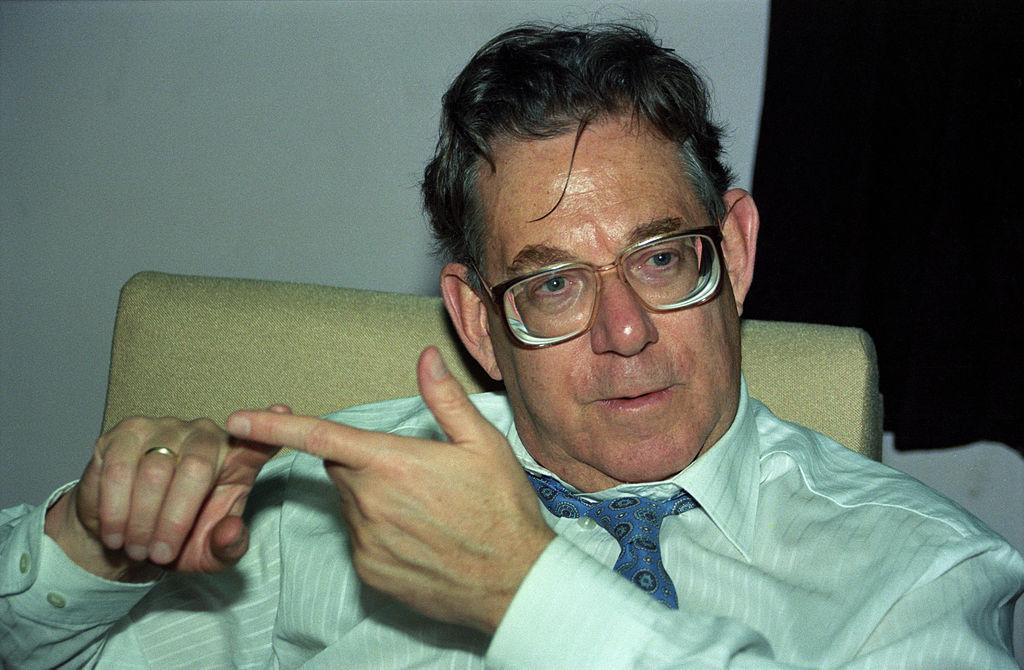Nobel prize winner and former UU Professor Paul Crutzen dies aged 87

Paul Crutzen was born in 1933, the son of a waiter and a hospital cook. He won the Nobel Prize for Chemistry in 1995 thanks to his research about ozone depletion, the gradual thinning of the Earth's ozone layer, and the role refrigerators and aerosol propellants played in it. Crutzen shared the prize with the Mexican researcher Mario Molina and the American researcher Frank Sherwood Rowland.
According to the Nobel Committee, their scientific efforts have led to international agreements to reduce the use of Chlorofluorocarbons (CFCs), thus contributing to saving the ozone layer that protects the planet against UV radiation from the sun.
Crutzen was also one of the first scientists to coin the term 'Anthropocene', meaning a new geologic era in which human activity has a dominant impact on the planet's climate and ecosystems.
Part-time Professor in Utrecht
Crutzen attended the extinct "Higher Citizen School" (Hogere Burgerschool in Dutch), a 5-year long middle school which prepared for university entrance and required students to become proficient in French, English and German. However, because of a heavy fever, his grades in the HBS' final exam were not good enough to earn him a stipend to study at the university, prompting him to go to what is now called the Higher Technical School (HTS) to train as a civil engineer.
His professional career started in 1951 at the municipality of Amsterdam. Later on, he moved with his wife to Stockholm, Sweden, where he worked as a computer programmer at Stockholm University's Meteorology department, all the while longing for an academic career. He eventually made the switch, earning his PhD at the same university.
His academic career included positions at the University of Oxford and the National Center for Atmospheric Research in Colorado, United States. Between 1980 and 2000, Crutzen was the directeur of the renowned Max Planck Institute for Chemistry in Germany.
At the end of his career, between 1997 and 2002, Crutzen worked as a part-time Professor at Utrecht University's Faculty of Physics and Astronomy.
Utrecht Professor Jos Lelieveld, who suceeded Crutzen at the Max Planck Institute in 2000, said in a statement: “I am deeply saddened by the death of Paul. His limitless scientific curiosity, creative ideas and his charismatic personality left their mark not only on me and our institution but on many generations of scientists”.
Crutzen is one of the twenty Nobel Prize winners from the Netherlands, of which twelve were linked to Utrecht University. Theoretical physicist Gerard 't Hooft is the only one still alive. He shared the Nobel Prize in Physics in 1999 with Martinus Veltman, who died earlier this month.
Paul Crutzen passed away in Germany, surrounded by his family.